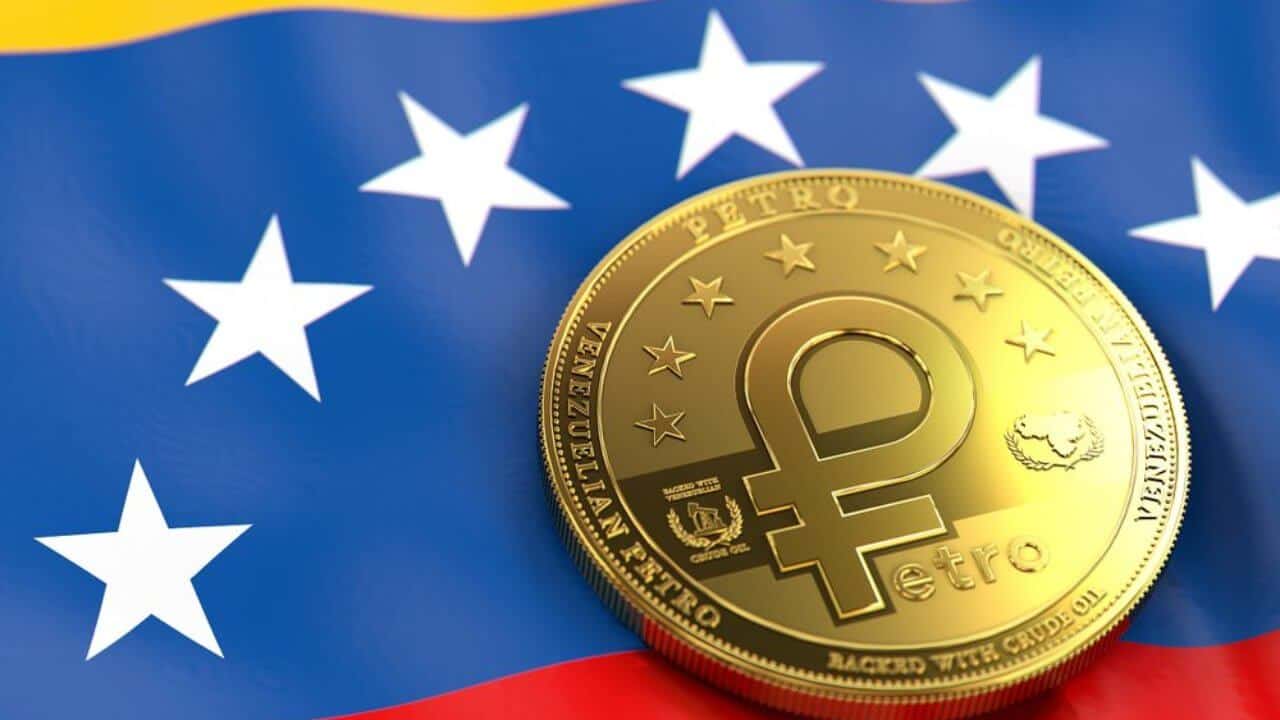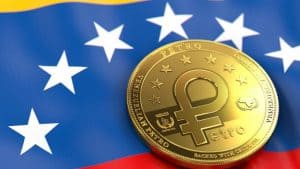Join Our Telegram channel to stay up to date on breaking news coverage
Venezuela has so far been one of the world’s most prominent countries, leading the way in crypto adoption globally. The country, which launched an oil-backed stablecoin and has ramped up adoption in the past year, now appears to be embracing a crypto-inclusive future full-time.
Evading Sanctions
Cryptocurrencies have now gotten a seal of approval from the Venezuelan government itself. Yesterday, President Nicolas Maduro presented a new bill intending to help overcome the economic sanctions from the United States government. While outlining the government’s plans, he mentioned that they would be considering several cryptocurrencies.
As part of the new bill, Venezuela’s government has committed to studying the impact of using different digital assets to foster domestic and foreign trade. Maduro explained that the initiative would include input from existing private digital assets, as well as the state-backed cryptocurrency, Petro.
“The anti-sanctions bill is the first response […] to give new strength to the use of Petro and other cryptocurrencies, national and global, in domestic and foreign trade, so that all cryptocurrencies of the world, state and private, could be used. This is an important project that is under development,” he explained.
The new bill has been presented to the National Constituent Assembly. They will view and ratify it before any more steps are made.
Venezuela’s Petro Problem
Venezuela’s pro-crypto stance isn’t surprising. Digital assets have received praise for their ability to evade oversight, and countries like Venezuela that are heavily sanction-hit can use them to their advantage.
The Latin American nation has put in an above-average shift. Chainalysis Crypto Adoption Index for 2020 ranks it as the third most welcoming country to cryptocurrencies in the world, only behind Ukraine and Russia.
When the Venezuelan government announced Petro back in 2018, many saw the asset as just a means to evade sanctions. The country was in dire economic strains at the point, and it needed a way to transact with the outside world. While Petro still has some significant issues to contend with, Maduro isn’t giving up on the asset just yet.
One of Petro’s primary issues remains the fact that it isn’t available outside Venezuela. No top exchange will list it, as most of them are probably running scared of the U.S. government. Any company that tries to help Venezuela economically will most likely face Uncle Sam’s wrath, and crypto companies would most rather do without all that negative attention.
Even within Venezuela, Petro is still in short supply. Cointelegraph Spain reported that only seven local crypto exchanges offer the asset for trade in the country. Two government platforms, named PetroApp and Plataforma Patria, allow speculators to access the token. Other than these, there’s hardly anywhere else potential buyers can get their hands on the asset.
The limited access appears to be why Maduro is considering additional cryptocurrencies in his plan to evade sanctions. With Petro essentially bound to the country, the government will need some external help.
Given its improving track record with crypto adoption, Venezuela could be the poster child for cryptos ability to lift economies.
Join Our Telegram channel to stay up to date on breaking news coverage


